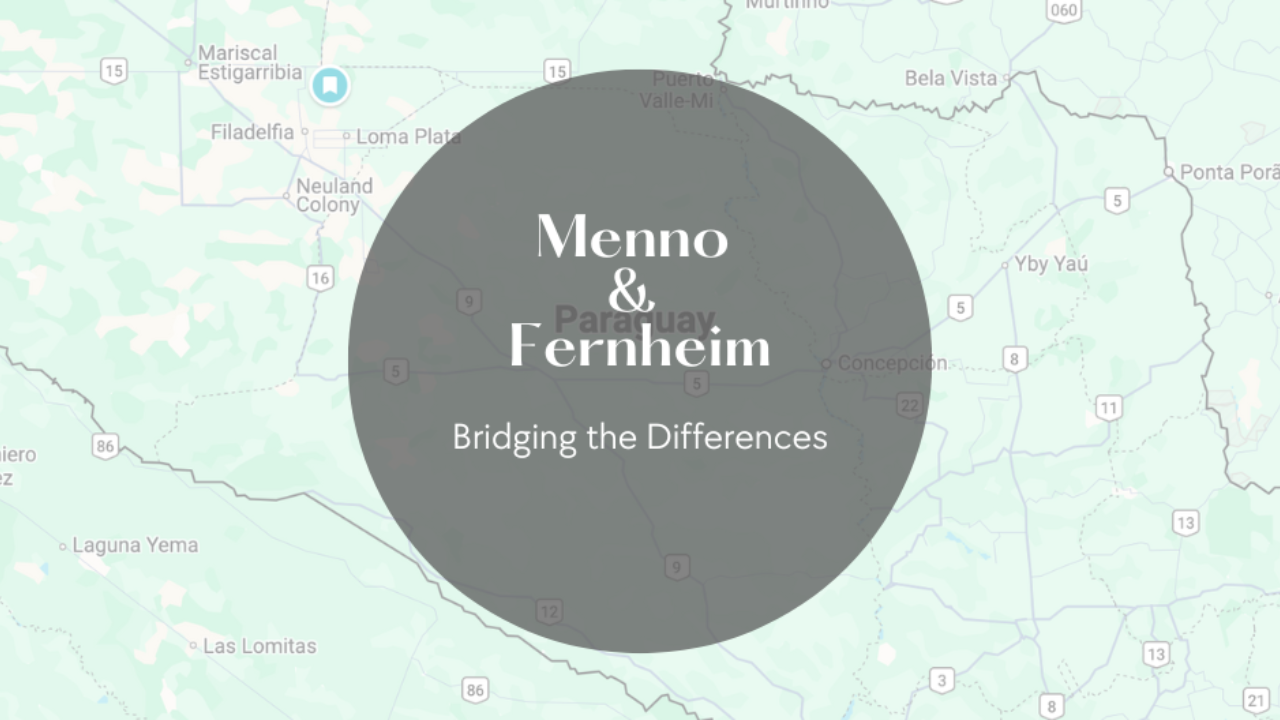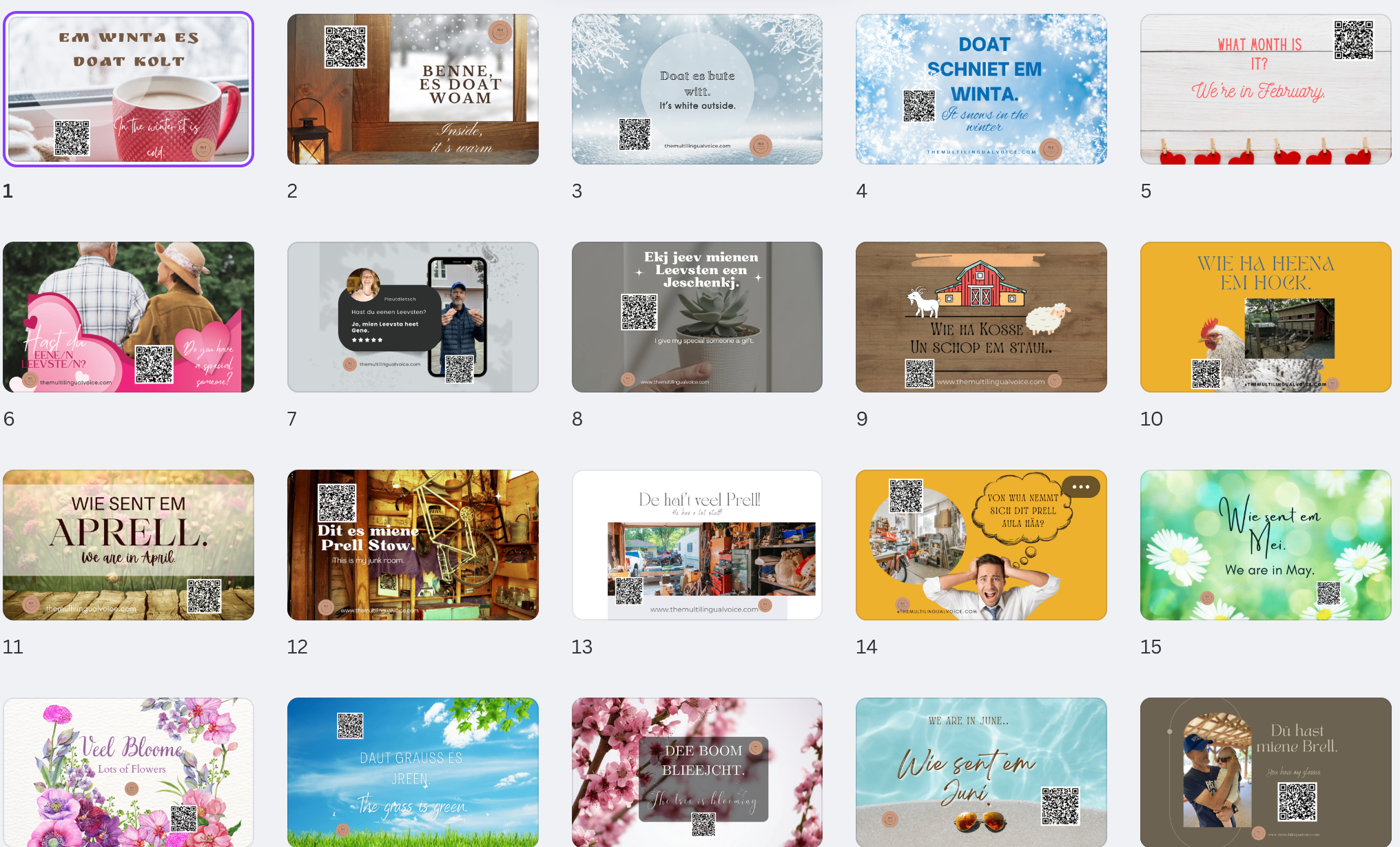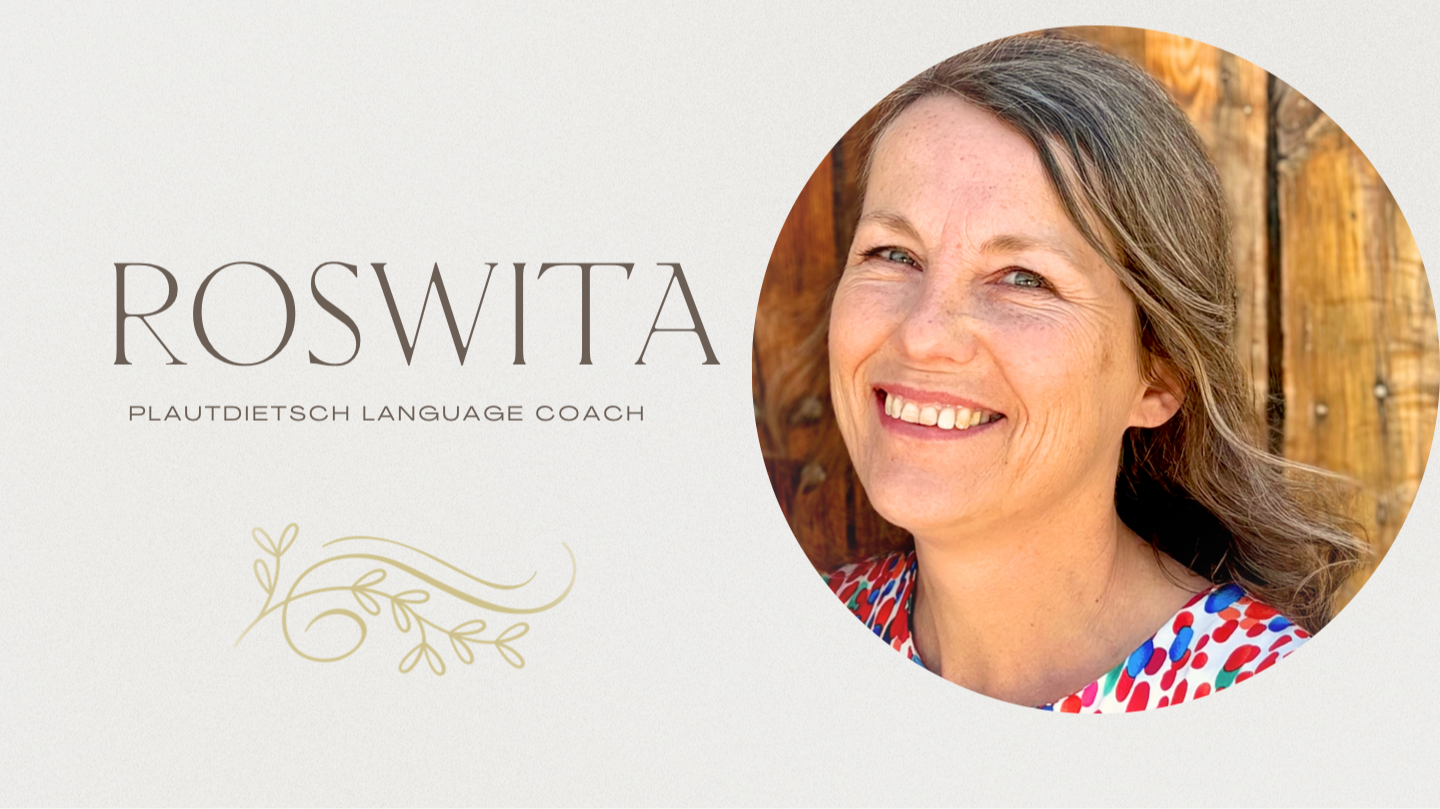ELL - SMART Goals for Language Learners

You may or may not have heard of SMART goals. This is a great strategy used to narrow down a specific goal in a way that also keeps us moving forward at a reasonable pace.
As we set a goal to becoming multilingual, here is how we can use this same strategy specifically for language acquisition.
S is for Specific -
Let’s get as specific as possible. What specifically do you want to say in the new language?
As a teacher for example,
What do you want to be able to say to the parents of your students?
When would this be taking place?
What do you want them to walk away with, or how do you want them to feel?
I’ve created a template to help you narrow it down. This tool will also help you decide what kind of format would work best for you, depending on your language level.
M is for Measurable
Did you know that 250 words will get you to understanding and speaking the target language? That’s only a HALF PAGE of words!!! These words will allow you to form a great baseline and help you grow to the next level of proficiency.
Even though knowing words is exciting, there are multiple ways of measuring our progress. Create a pre-test for yourself. Can you comfortably introduce yourself to another person in in the target language? Can you ask for directions? Creating scenarios of conversations will allow you to measure where you are now, and where you will be after a few weeks of practice.
A is for Attainable -
Language learning takes time!! Ultimately, we dream of the day we’re fluent. This is awesome, but it doesn’t work that way. We need mini-levels so that we stick with it. Nothing will stop me faster in language learning than the mindset that I need to be fluent after x amount of months.
In the Everyday Plautdietsch Learners Community, I give you the opportunity to focus on increasing your word bank in Plautdietsch. Isn’t that what we do in our first language? Well, maybe 🤔. Language Learners who look for new words regularly practice a great strategy in increasing their vocabulary. Let’s do the same as we learn Plautdietsch!
Check out my introductory offer for Everyday Plautdietsch Learners or join us for our weekly Conversation Corners.
R is for Relevant -
If we’ve narrowed our goal down to a specific scenario, it’ll be important that the vocabulary we learn is relevant to that time and place.
Are the phrases you plan on learning relevant to the context you’ll be using them in? So many of the language curricula out there are tailored for the general tourist, and few are actually relevant to our personal language goals.
Using various lessons to practice hearing and understanding the language is very important in the overall process of learning the target language; however, when it comes to focusing on your personal goals, you’ll want to stay focused on practicing the phrases you’ve chosen for your scenario.
I have a template created for you to get organized in gathering words for your target language. Write me at [email protected] to get this sent directly to your inbox.
T is for Time-based -
What can we do in a month??! How many more words can we add to our language base? Learning a new language is also a great exercise for the brain!! (I love brain research, and researchers still have a long way to go in understanding this amazing organ!)
Differentiated learning is what we’re attempting to do in our classrooms because everyone learns differently. We can’t compare ourselves with the one next to us, right!! I think we all know that, but let me tell you, this is where the smallest form of competitiveness will reveal itself in us.
My favorite sport is track. All four of my kids were involved in various track events. They had the most amazing coach. She focused on each individual’s personal best and worked with them to improve that number. The focus on those mini goals of a few seconds meant a lot when it came to state track meets.
That’s where we want to be. What is our personal best, and how can we begin to improve it from there? What is that next level you can get to, because even just attempting a new sound that your tongue and brain aren’t used to making can have a huge gain in speaking without an accent in the end?
When my husband and I were learning Russian together in our early years of marriage. He devoted a lot of time to pronunciation, and in the end, he spoke Russian pretty much without an accent. I, on the other hand, didn’t have that as my goal, and I still speak with an accent.
For me, it was more important to be able to move forward with being able to communicate than being totally accent-free (probably due to having our third child within a year of living there 😉 .
I'm here to cheer you on to get to your next goal in learning your target language!
If you're interested in receiving my template for your SMART goals in language learning, please write me at [email protected].
The Language Learning Guide
Get the FREE resource to boost your language learning efforts.
If you are wanting to learn a new language for a specific situation and you just can’t find the program to meet that need, I’ve created a guide with strategies and tools to create phrases that resonate with your context.
We hate SPAM. We will never sell your information, for any reason.




